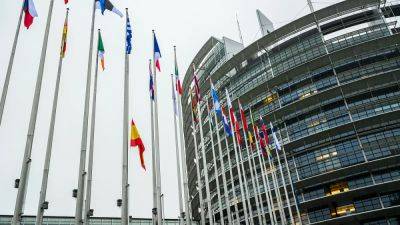Bottom trawling in European waters costs society up to €11bn a year, new study finds
Bottom trawling in European waters costs society up to €10.8 billion each year, according to a first-of-its-kind study released today.
It found that this cost is largely due to carbon dioxide emissions from disturbed sediments on the seafloor.
“We discovered recently that bottom trawling, by churning up the sediments on the seafloor, releases CO2 on the scale of global aviation and that half of those underwater emissions will end up in the atmosphere,” explains Enric Sala, National Geographic Explorer in Residence and one of the authors of this report.
Bottom trawling is a destructive fishing practice which involves dragging a net - some so large it could fit a Boeing 747 plane - across the seafloor to catch fish. It disturbs sediment, destroys marine habitats and far more than just the target species gets caught in these nets.
“The fishing lobby argues for the benefits that bottom trawling provides for society, jobs, economic revenue and food,” Sala adds, “but they never mention the costs.”
So, he says, for the first time they decided to calculate the costs and benefits of this fishing practice to both the industry and society at large. The result? The costs of bottom trawling far exceed the benefits.
The study is the first to measure the full economic cost of bottom trawling in European waters - including the EU, UK, Norway and Iceland.
It shows that this damaging fishing practice imposes somewhere between €330 million and €10.8 billion in annual costs to society.
The range of estimates in the study is so large because there is no globally agreed value on the cost of a tonne of carbon. But even at the lower end of the estimate, Sala says “society still loses”.
While bottom trawling does support jobs across the continent,





